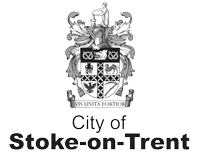Summary of needs and disabilities
Epilepsy
Epilepsy is a common condition that affects the brain and causes frequent seizures.
Seizures are bursts of electrical activity in the brain that temporarily affect how it works. They can cause a wide range of symptoms.
Epilepsy can start at any age, but usually starts either in childhood or in people over 60. It's often lifelong, but can sometimes get slowly better over time.
Symptoms of epilepsy
Seizures can affect people in different ways, depending on which part of the brain is involved.
Possible symptoms include:
- Uncontrollable jerking and shaking – called a "fit"
- Losing awareness and staring blankly into space
- Becoming stiff
- Strange sensations – such as a "rising" feeling in the tummy, unusual smells or tastes, and a tingling feeling in your arms or legs
- Collapsing
Sometimes you might pass out and not remember what happened.
Treatments for epilepsy
Treatment can help most people with epilepsy have fewer seizures or stop having seizures completely.
Treatments include:
- medicines called anti-epileptic drugs – these are the main treatment;
- surgery to remove a small part of the brain that's causing the seizures;
- a procedure to put a small electrical device inside the body that can help control seizures;
- a special diet (ketogenic diet) that can help control seizures;
Some people need treatment for life. But you might be able to stop treatment if your seizures disappear over time.
